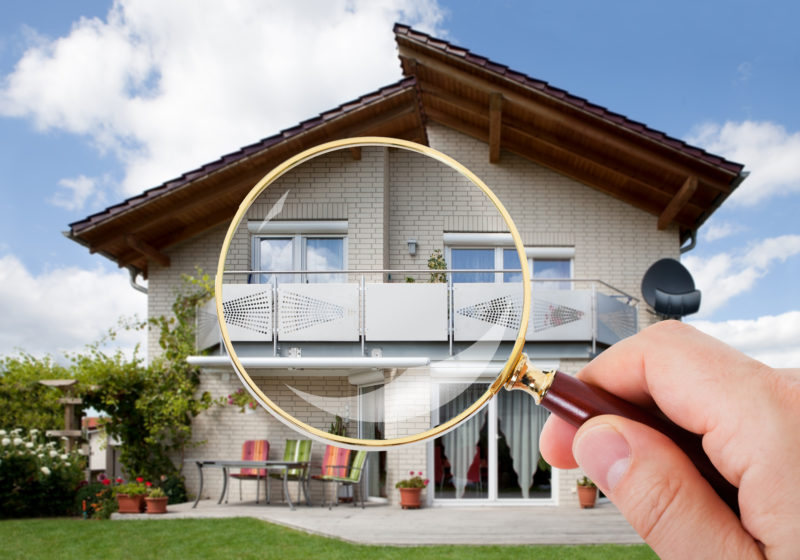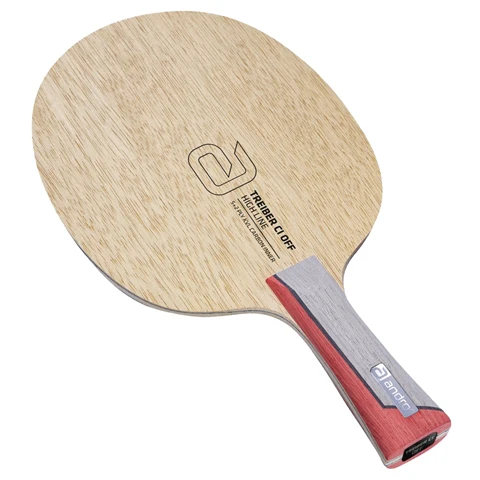Buying a home is likely the biggest investment you’ll make in your life. Considering how much you have riding on this major purchase, it pays to take every precaution before signing on the dotted line. This is where bringing in a professional home inspector can give you invaluable peace of mind.
What Exactly Does a Home Inspector Do?
A Jacksonville FL home inspector examines all aspects of the property to identify any issues that may impact your decision to buy, ability to finance, or cost down the line. They check things you wouldn’t notice or think to look for when touring a home like:
-
Structural integrity
-
Quality of construction
-
Proper functioning of systems and appliances
-
Signs of leaks, damage, or safety hazards
While real estate agents look for curb appeal and marketability, home inspectors dig deeper for problems that could come back to bite you later. They remove access panels, crawl under floors, and scrutinize everything from foundation to attic looking for defects.
Quality inspectors also explain their findings in everyday terms so you understand the severity and potential costs of any discovered flaws. Armed with this unbiased inspection report, you can make an informed decision about pursuing the home further.
Red Flags to Avoid When Hiring
Not every home inspector offers the same experience and reliability. As this professional’s findings make or break your home buying decision, you need someone competent and ethical. Watch for these red flags when evaluating inspectors:
Lack of Certification
Unlike many states, Florida has no licensing requirements for home inspectors. Anyone can call themselves one regardless of actual qualifications or expertise.
Seeking out a certified inspector raises the bar on their knowledge and skills. Look for credentials like:
-
InterNACHI – International Association of Certified Home Inspectors
-
ASHI – American Society of Home Inspectors
Reputable associations require members to meet rigorous standards through testing, background checks, experience, and continuing education. This offers assurance of their inspection capabilities.
Vague or Misleading Reports
A quality home inspector documents their findings thoroughly with descriptions and visual evidence like photographs. Reports missing these raise questions around how closely they truly examined the property.
Vague statements of issues discovered also fall short for your due diligence needs. You require specifics on the exact problem and how urgently it needs addressing.
Finally, reports leaning positive when pointing out legitimate flaws undermine the inspector’s credibility. An ethical inspector always remains objective. Anything less suggests they allow outside influences to sway their neutrality.
Limited Liability
Compare liability insurance policies when selecting an inspector. Those carrying low limits signal they lack faith in their skills to perform adequate inspections. Any post-sale issues triggering major repairs could leave you footing the bill if their policy limit caps too low.
Also ensure their insurance covers the type of property you’re purchasing. Standard home inspection policies sometimes exclude condos, older homes, or properties over a certain square footage.
Rushing the Inspection
A thorough inspection requires ample time – often 2-3 hours for a typical single-family home. Anything less raises concerns over how closely they examined the entire structure and systems.
Be wary of an inspector touting speed as their advantage over competitors. A rushed inspection often misses critical defects that surface later. Carefully weigh cost savings against the value of a meticulous inspection.
Indicators of a Premier Inspector
Beyond clearing the red flags, what qualities set reliable home inspectors apart? Look for these indicators:
Strong Understanding of Building Methods and Materials
Construction standards, requirements, and best practices evolve continuously. A premier inspector actively educates themselves on new methodology as well as the flaws of older builds.
They also possess deep familiarity with building materials to spot suspect or prohibited products known to fail over time. Issues often hide behind walls making this knowledge critical.
Attention to Small Details
Many home defects start innocuously only worsening over time. Examples include minor leaks, small cracks, or faint damp spots. The best inspectors meticulously examine a property viewing no “detail” as too small or insignificant.
You want someone climbing on the roof, crawling under the structure, and probing infrastructure for even subtle early stage flaws.
Extensive Photo Documentation
As the adage goes, “a picture is worth a thousand words.” Comprehensive photo evidence allows you to visually confirm an inspector’s findings for better transparency. Photos also supply critical context should repairs require contractor bids for cost estimates.
Some inspectors even embed images directly within their inspection report for easier reference. Photos indicating only positive or superficial features raise concerns of selective reporting.
Clear Communication Skills
A reliable home inspector avoids overuse of industry jargon to ensure full understanding. They take time to explain the intricacies of home systems and describe any issues in simple terms.
You want someone happy to educate you on aspects of your prospective home and answer all questions – never making you feel foolish for asking. Reviews confirming an inspector’s open communication denote a reassuring professional.
Full Transparency
The best inspectors acknowledge the limitations of their inspection explicitly in their contract and report. This includes factors restricting access like stored items or weather at the time of inspection. They submit any portions of the property unable to fully evaluate for your review.
Transparent inspectors also freely reference any previous inspection reports on the property. Comparing findings often reveals prior issues since rectified or brewing problems dismissed in the earlier report.
Ultimately a reliable home inspector acts as your advocate – bringing an unbiased eye to safeguard your investment in the property. Taking time to secure the right professional provides peace of mind now and saves thousands down the road. They illuminate hidden defects early so you can carefully weigh pursuing the home or not. With luck, their sharp eye tips negotiations in your favor or uncovers significant flaws prompting you to keep looking. Your dream home awaits somewhere.





